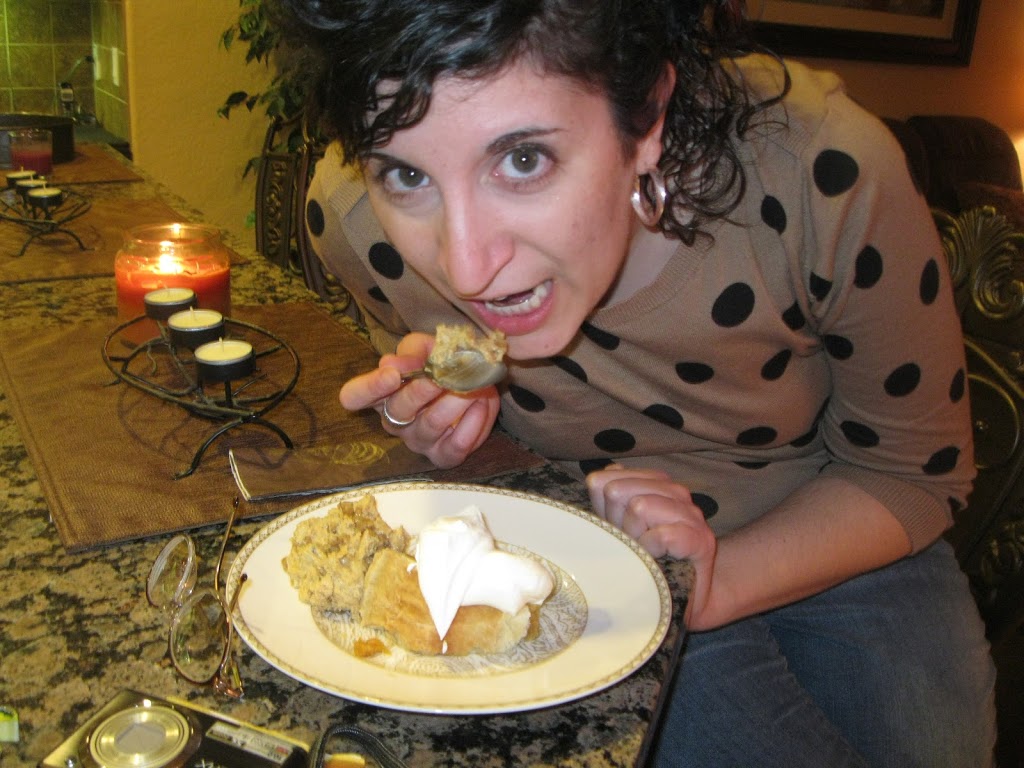As I type, there are just 28 days, two quizzes, a reaction paper, and a research proposal between me and my master’s degree.
What a ride.
I equal parts can’t believe and am so sad and so happy it is over.
As this part of my journey draws to its close, I look back on it with gratitude for the growth I experienced, the knowledge I gained, and the friends I made.
I also look back and laugh. This is because in the process of learning about mental health and mental illness, I learned by experience what not to do in grad school. For me, the following faux pas ended well. But while I don’t regret that I did these things, I recommend you don’t do them:
- Forget to write a paper. First semester of grad school. Foundations of Mental Health Counseling. Ready for bed at eleven at night the night before class, it dawned on me that I hadn’t started (let alone finished) a paper due the next day. Who needs sleep? Stayed up, wrote it in full, turned it in, and got an A. #boom.
- Cry while presenting to your class. Had it happened in, say, Foundations of Mental Health Counseling, or in Group Theories, or in any other class in which we facilitated therapy for each other, I’d cut myself some slack. But there is no excuse for crying in front of the class when the class is Career and Lifestyle Assessment. Bonus points, though, for making at least one classmate cry (and in my defense, the story I shared was totally sad).
- Yell “gonads” during class. It happened in human sexuality, during an exercise in which our professor asked us to list all the sex words we know in effort to desensitize us to them. Believe it or not, grad school isn’t the first time I did it. I also yelled “gonads” during a tenth grade biology class. And you know what? I take it back. I recommend this, because, um, hilarious, and it hasn’t ended badly for me yet.
- Run out of engine oil in the parking lot. I owe a debt of gratitude (and/or of approximately $12) to Dr. Wright – the chair of the Rehabilitation and Mental Health Counseling department at USF – for the couple quarts of oil he happened to have in his car the day this happened. (Long live my 13 year old car. Still kickin’. And still rapidly losing oil.)
- Forget to pay your tuition. Final semester of grad school. While I filled out my graduation application, I read the stipulation that says you don’t graduate if you haven’t paid your tuition. Which is when I remembered I hadn’t yet paid my tuition. Which is when I checked USF’s website for the deadline. Which is when I discovered I’d missed it. While I’m currently mildly short of breath at the thought of how badly this could have ended, it actually ended with a miracle. A financial services adviser discovered I’d been given a deferment, which – although entirely inexplicable – meant I had the university’s permission to pay my tuition late without penalty. #boom.




